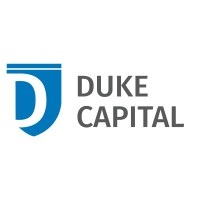A recent study by Shawbrook highlights that 71% of small and medium-sized enterprise (SME) owners have turned to personal finances to support their businesses. The research revealed a notable rise in personal credit card usage (54%) and savings withdrawals (53%), while 39% of respondents admitted to using personal loans for funding. This marks a significant increase compared to last year’s findings, with personal savings usage rising by 15%, credit cards by 13%, and personal loans by 8%.
Even among larger SMEs with 100 to 249 employees, personal financial contributions remain prevalent, with 55% using credit cards, 49% relying on savings, and 42% taking personal loans. These figures underline the challenging financial environment many business owners continue to navigate.
On a brighter note, SMEs are increasingly turning to alternative financing solutions. The study showed a rise in businesses utilising products like invoice finance (56%), asset finance (47%), asset-based loans (39%), and commercial loan facilities (45%) compared to 2023. Currently, 78% of SMEs are exploring alternative financing options, up from 73% last year.
Concerns about operational costs persist, with 73% of SME leaders identifying these as a significant challenge, a slight increase from last year’s 69%. Despite these worries, many are demonstrating resilience by seeking innovative ways to secure funding and support growth.
Neil Rudge, Shawbrook’s chief banking officer for commercial, acknowledged the dual trends in SME financing. While the reliance on personal finances remains concerning, the uptick in alternative finance use is encouraging. Rudge emphasised the importance of SMEs in the UK economy, representing 99.9% of all businesses and contributing significantly to employment and private sector turnover. He highlighted the need for tailored financial solutions to help SMEs thrive as the economy moves forward.
The research reflects both the financial pressures SMEs face and their adaptability in pursuing diverse funding options to drive future growth.
Duke Capital Limited (LON:DUKE), formerly Duke Royalty Limited, is a Guernsey-based provider of hybrid capital solutions for small and medium-sized enterprises (SME) business owners in the United Kingdom, Europe and North America, combining the features of both equity and debt.


